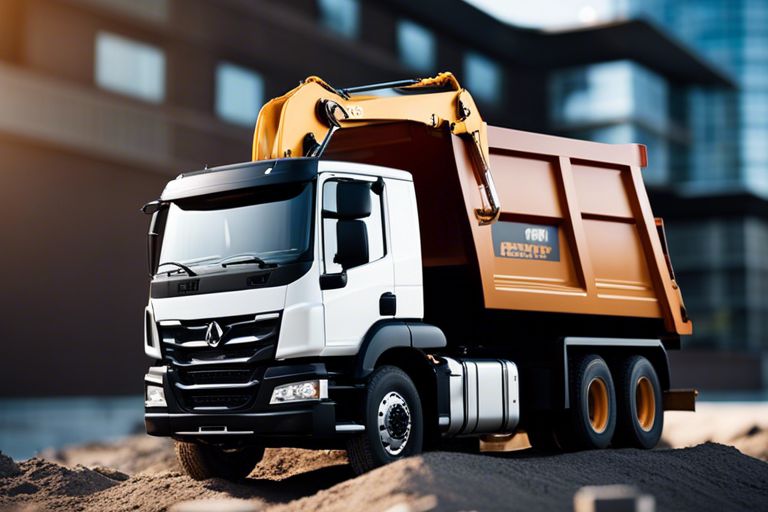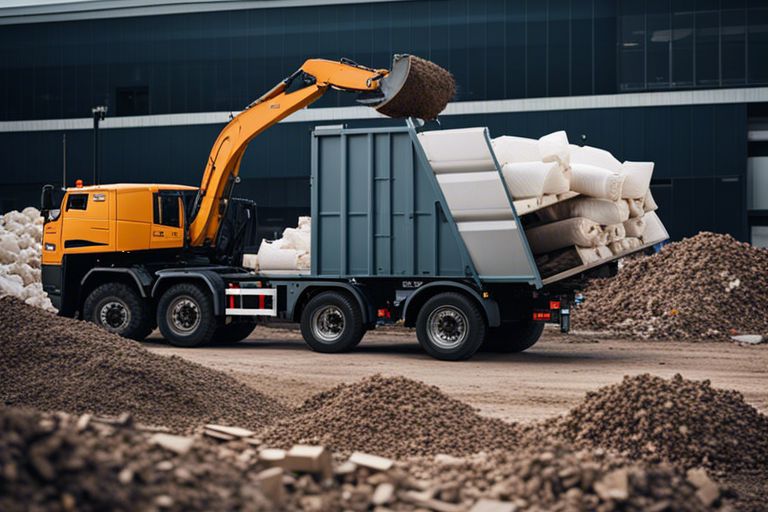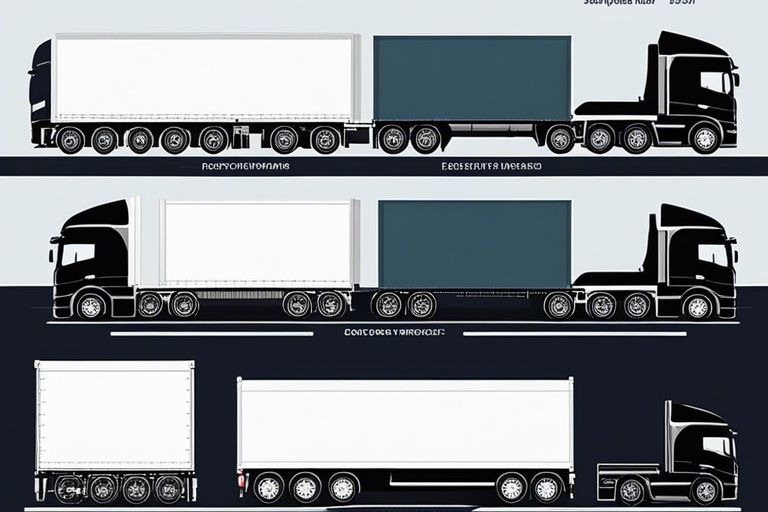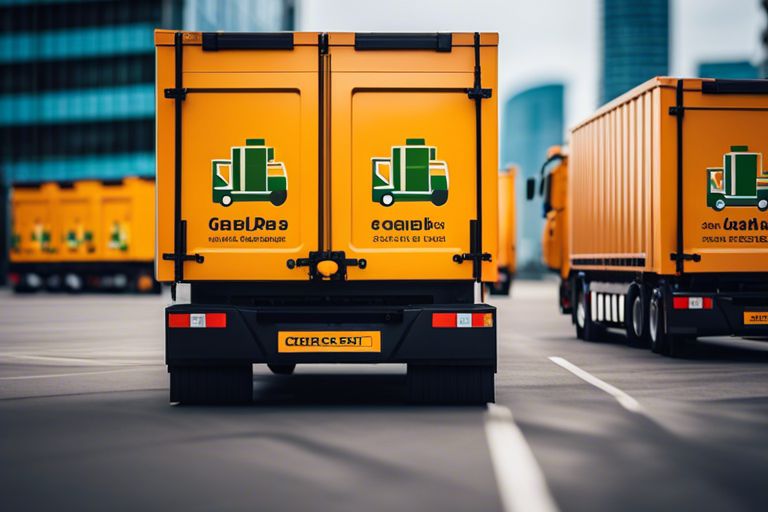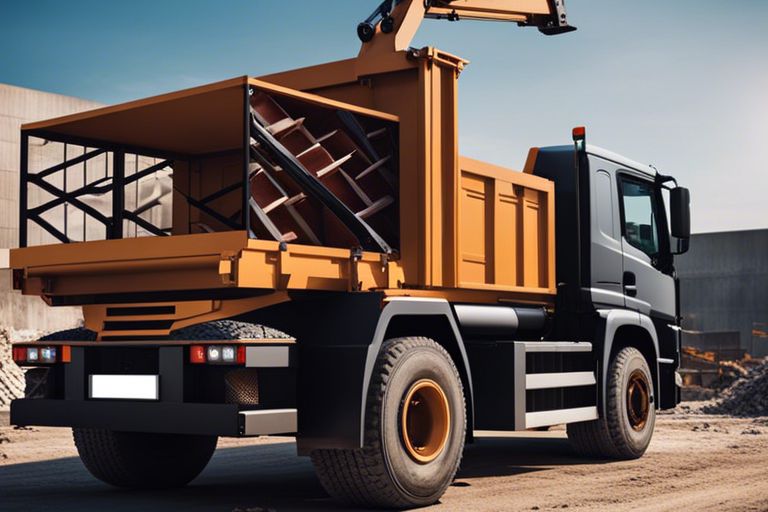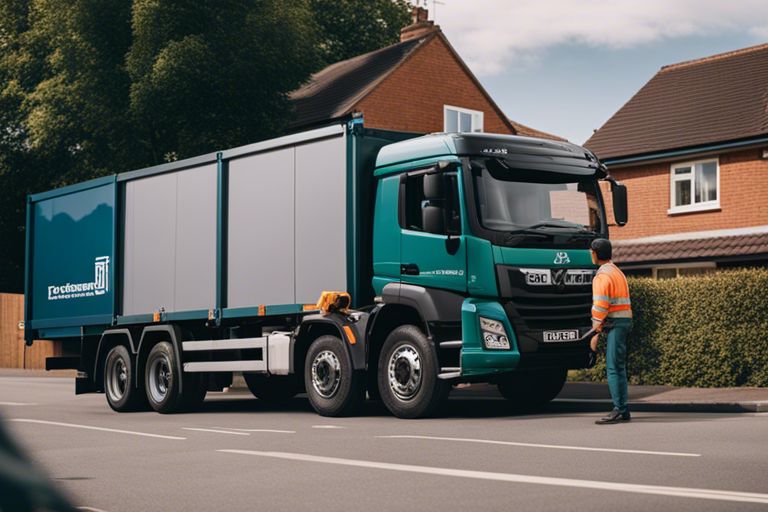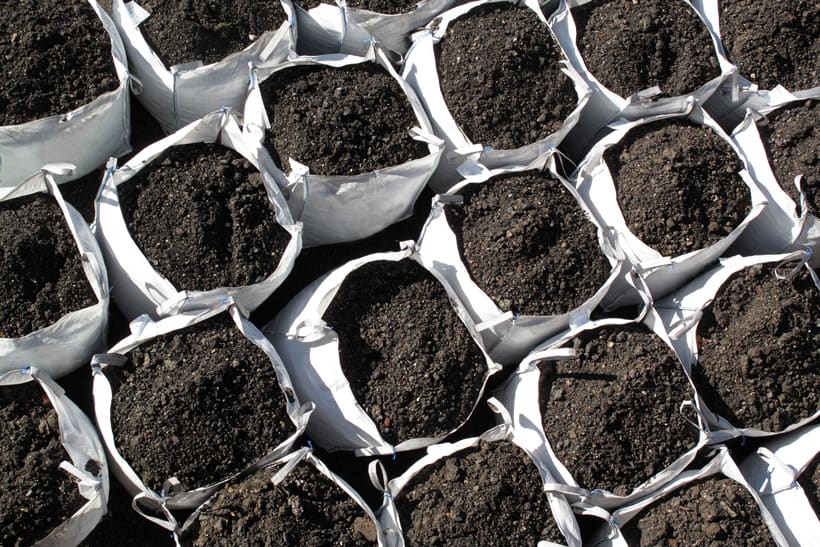Welcome to our guide on how to responsibly dispose of bulky items in the UK. When it comes to getting rid of large, unwanted items such as furniture, appliances, or mattresses, it’s crucial to do so in a safe and environmentally friendly manner. Improper disposal of bulky items can have negative impacts on the environment and public health, so it’s essential to follow the correct procedures. In this blog post, we will provide you with a comprehensive overview of the various options available for disposing of bulky items, including local council collections, recycling centres, and charity donations. We will also highlight the potential risks and consequences of improper disposal, as well as the benefits of responsible disposal methods. By the end of this guide, you will have the knowledge and resources to ensure that your bulky items are disposed of in a responsible and sustainable manner.
Key Takeaways:
- Find local resources: Research and locate local council services, recycling centres, or charity shops that accept bulky items for disposal.
- Utilise collection services: Take advantage of council-run collection services or special collection events to safely dispose of bulky items like furniture or appliances.
- Consider reusing or donating: Before disposing of bulky items, consider donating them to charities, second-hand shops, or listing them on reuse networks to give them a second life.
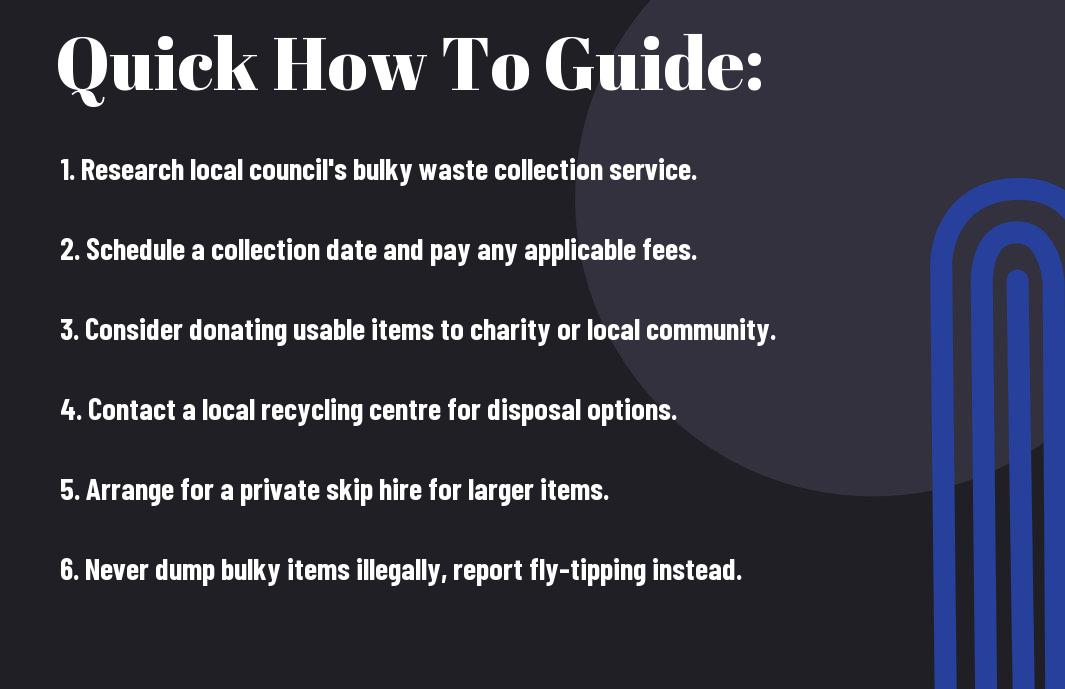
How-to: Identify Your Bulky Waste
Before you can dispose of your bulky waste responsibly, it’s important to first identify what falls into this category. For a comprehensive guide on what constitutes as bulky waste, refer to the Bulky Waste Disposal Guide for Householders. This will help you determine whether your items can be classified as bulky waste and hence require special disposal.
Types of Bulky Items
When it comes to bulky waste, it can encompass a wide range of items including furniture, white goods, mattresses, carpets, and large electrical items. It’s crucial to identify the specific category your item falls into in order to dispose of it properly. The Bulky Waste Disposal Guide for Householders provides detailed information on the different types of bulky items and the most appropriate disposal methods. The guide breaks down the information into a table with 2 columns and 5 rows, making it easy for you to identify and categorise your bulky waste.
Legal Considerations for Disposal
When disposing of bulky waste, it’s essential to be aware of the legal considerations surrounding its disposal. This includes understanding the regulations on fly-tipping and ensuring that your waste is being handled by a licensed waste carrier. The Bulky Waste Disposal Guide for Householders outlines the legal obligations and responsibilities for disposing of bulky waste, helping you avoid potential fines or penalties.
By following the legal guidelines provided in the Bulky Waste Disposal Guide for Householders, you can ensure that your waste is being managed and disposed of in a responsible and compliant manner. It’s important to be informed about the legal considerations to protect both the environment and yourself from any potential risks or hazards.

Tips for Preparing Bulky Items for Disposal
When it comes to disposing of bulky items responsibly, proper preparation is key. By taking the time to sort, clean, and disassemble your bulky items before disposal, you can help ensure they are handled safely and environmentally responsibly.
Sorting and Cleaning
Before you dispose of any bulky items, it’s essential to properly sort and clean them. This means separating recyclable materials from non-recyclable ones and removing any hazardous substances such as chemicals or batteries. By cleaning the items, you make the disposal process safer for the environment and those handling the items.
Disassembling for Easier Handling
In addition to sorting and cleaning, disassembling bulky items can make the disposal process much easier. By breaking down large items into smaller, more manageable pieces, you not only make them easier to handle but also create more efficient use of space during transportation and disposal. This can reduce the environmental impact of the disposal process.
If you are unsure how to disassemble a particular item, it’s a good idea to consult the manufacturer’s instructions or seek advice from a professional to ensure it is done safely and effectively.
Options for Responsible Disposal
When it comes to disposing of bulky items responsibly in the UK, there are several options available to you. Whether it’s an old mattress, furniture, or appliances, it’s important to choose the most environmentally friendly method for disposal. Here are some options to consider:
Public Waste Collection Services
Local councils often provide waste collection services for bulky items. They may offer a scheduled collection or designated drop-off points for large items. These services are typically A Guide to Disposing of Large Items Responsibly and can help ensure that your items are disposed of in an environmentally friendly manner.
Private Removal Services
Private removal services are another option for disposing of bulky items responsibly. Companies that specialise in junk removal or house clearance can help you safely and ethically dispose of large items. They may offer services such as recycling, donation, and proper disposal of hazardous materials, providing a convenient and environmentally friendly solution for your bulky item removal needs.
When hiring a private removal service, it’s important to choose a company that is licensed and insured, and that follows all regulations for waste disposal. Look for companies that are committed to environmental sustainability and adhere to best practices for recycling and proper disposal.
Recycling and Donation Opportunities
Recycling and donation opportunities provide a sustainable and socially responsible way to dispose of bulky items. Many local recycling centres accept large items such as furniture and appliances for recycling. Additionally, donation centres and charities may welcome donations of gently used items, giving them a second life and preventing unnecessary waste. By choosing to recycle or donate your bulky items, you are taking a positive step towards reducing your environmental impact and supporting your community.
Special Considerations for Hazardous Items
When it comes to hazardous items such as electronic waste, chemicals, or batteries, special considerations must be taken into account for their disposal. These items can be particularly dangerous to the environment and human health if not disposed of properly. It’s crucial to find a designated hazardous waste collection facility or event in your area to ensure that these items are handled and disposed of responsibly. Be aware of the local regulations and guidelines for the disposal of hazardous materials, and always seek out professional assistance when dealing with these items.
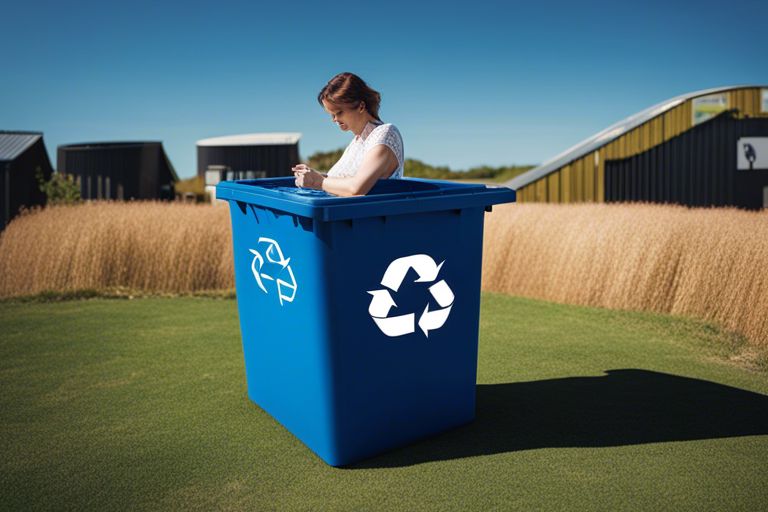
Factors to Consider When Choosing a Disposal Method
When it comes to disposing of bulky items responsibly in the UK, there are several factors to take into consideration. It’s important to choose a disposal method that not only minimises environmental impact, but also complies with legal regulations and is cost-effective for you. As such, there are several key factors to consider when deciding on the most suitable disposal method.
- Environmental impact
- Cost and convenience
- Legal compliance
Recognising the importance of these factors is crucial in making an informed decision on how to responsibly dispose of bulky items.
Environmental Impact
When considering disposal methods, evaluating the environmental impact is paramount. It’s crucial to opt for a method that minimises harm to the environment. Look for options that involve recycling or reusing materials to reduce your carbon footprint and lower the amount of waste sent to landfill sites.
Cost and Convenience
Cost and convenience also play a significant role in choosing a disposal method. While it’s important to weigh the financial implications, it’s also essential to assess the convenience of each option. Cost-effective and convenient disposal methods make it easier for individuals to opt for responsible disposal, rather than resorting to fly-tipping or other illegal means of getting rid of bulky items.
For example, arranging a bulky waste collection service may incur a cost, but the convenience and peace of mind that comes with knowing your items will be disposed of properly are invaluable.
Legal Compliance
Another crucial factor to consider is legal compliance. It’s essential to ensure that the chosen disposal method adheres to all relevant regulations and legislation. This not only helps to avoid potential fines or penalties but also contributes to upholding environmental and community responsibility.
Choosing a legal and regulated disposal method demonstrates a commitment to ethical and responsible waste management.
How to Dispose of Bulky Items Responsibly in the UK
In conclusion, responsible disposal of bulky items in the UK is crucial for maintaining a clean and sustainable environment. By following the proper guidelines provided by local councils and waste management authorities, individuals can ensure that their large and bulky items are disposed of in an environmentally friendly manner. Whether it’s arranging for a collection service, taking items to a designated disposal facility, or donating items to charity, there are various options available for disposing of bulky items responsibly. It is important for individuals to take the initiative to dispose of their bulky items in a responsible way, rather than resorting to illegal dumping or fly-tipping which can have detrimental effects on the environment and local communities. By educating ourselves and taking action, we can all contribute towards a cleaner and greener future for the UK.
FAQ
Q: Why is it important to dispose of bulky items responsibly in the UK?
A: It is important to dispose of bulky items responsibly in the UK to protect the environment, prevent pollution, and comply with local waste management regulations.
Q: What are considered bulky items?
A: Bulky items include large household appliances, furniture, mattresses, electronic equipment, and any other items that cannot be disposed of through regular household waste collection.
Q: How can I dispose of bulky items responsibly in the UK?
A: You can dispose of bulky items responsibly in the UK by using council collection services, booking a bulky waste collection, taking items to a local recycling centre, or donating them to charity.
Q: What should I do before disposing of bulky items?
A: Before disposing of bulky items, you should ensure that they are clean, remove any personal belongings, and check if any parts can be recycled or reused.
Q: What are the consequences of improper disposal of bulky items in the UK?
A: Improper disposal of bulky items in the UK can lead to environmental damage, pollution of land and waterways, and potential fines for non-compliance with waste management regulations.

